How to Get Rid of Ants, Flies, Spiders, and Mice: The Ultimate Guide to Home Pest Control
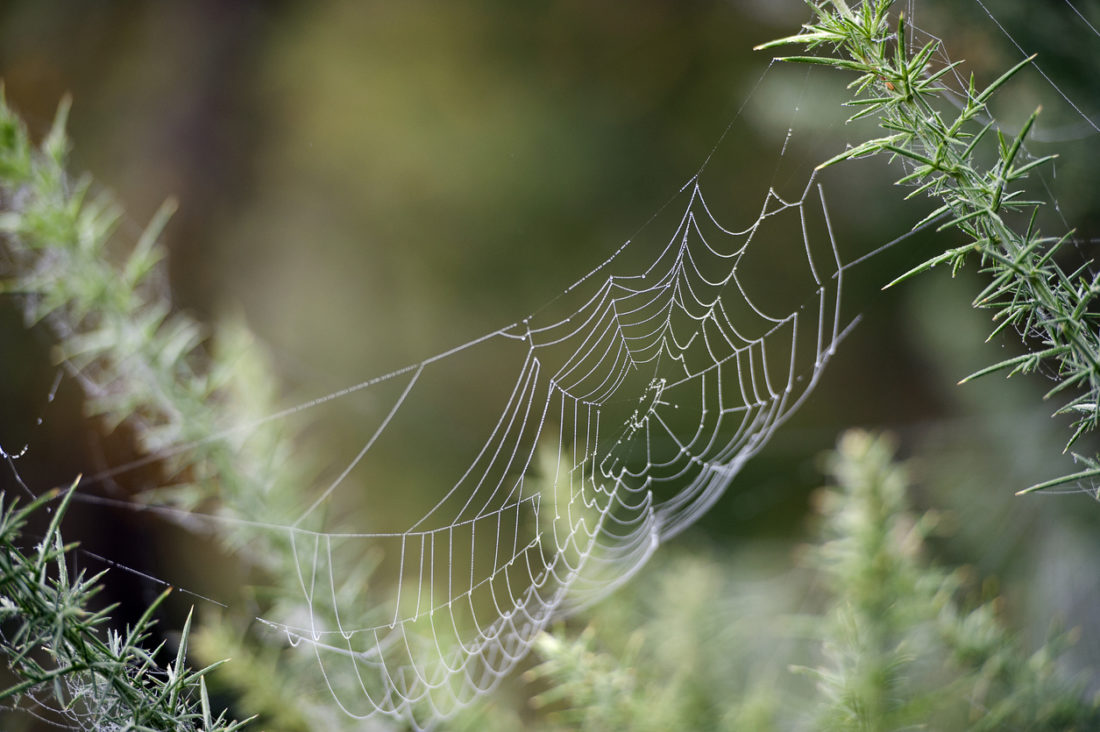
Dealing with pests in your home is all about prevention. By making your home (and surrounding area) inhospitable to ants, flies, spiders, and mice, you’ll make it easy to spot and get rid of any pests that do make their way in.
In this guide, we’ll discuss how to spot, prevent, and get rid of all kinds of common pests in Ireland.
How to Stop Fruit Flies and House Flies
Let’s start with how to get rid of flies.
There’s nothing quite like flinging the windows and doors wide open on a rare fine Irish summer day. Two minutes later, there are house flies zipping around the room and making noise at the same decibel as a small airborne vehicle.
Worse, flies can spread common pathogens that cause dangerous diseases, like salmonella. You don’t want to eat food touched by flies. Fly-contaminated foods are one of the leading causes of illnesses among hospitality employees.
Flies are more active during the hottest parts of the year, but they do linger year round. So, you might wonder how to get rid of fruit flies at all.
1. Prevent Flies by Getting Rid of Food Sources
First, make your home inhospitable to both fruit flies and house flies. You’ll want to:
- Cover your bins and take them out regularly
- Rinse out any recycling
- Hide your fruit and produce away under a net or in the fridge
- Disinfect your bins regularly
- Clean up spills and messes quickly
Taking these steps will ensure flies are less likely to be attracted to your house in the first place because you get rid of tasty food sources. Only when you control their food access will you have more luck catching and controlling the flies that do wander in.
2. Trap Flies with DIY Products and Fly Killer
Prevention is the best cure, but you can also trap fruit flies quickly with DIY fruit fly traps. Simply combine apple cider vinegar and a bit of washing-up liquid in a jar or dish to catch them quickly. The smell of the vinegar will attract the fruit flies, but the washing-up liquid will make it difficult to escape from the trap.
Apple cider vinegar traps also work with house flies, but they’re not as effective with bigger flies. So if you’re wondering how to get rid of house flies, then you might need a trip to your local DIY store.
You can stop the buzzing with products like:
3. Look for Potential Breeding Areas
If you follow these rules and still find yourself swarmed all summer, you might have a breeding area outside your home. This is particularly common if you live in rural or agricultural areas. In these cases, you’ll want to keep your windows and doors closed all year and ensure that you identify and disrupt any breeding sites.
How to Get Rid of Flying Ants
Ants prefer life outdoors, particularly enjoying the quiet spots under flagstones or on patios. What causes ants in the house?
Just like flies, ants enter your home in search of food. So, if you want to know how to get rid of ants permanently, the answer is usually cutting off their food source and keeping your home tidy.
The good news is that, unlike flies, black ants, like the ants in Ireland, won’t impact our health. However, they are still unwelcome pests. So, here’s how to prepare for ant season in Ireland and get rid of them for good.
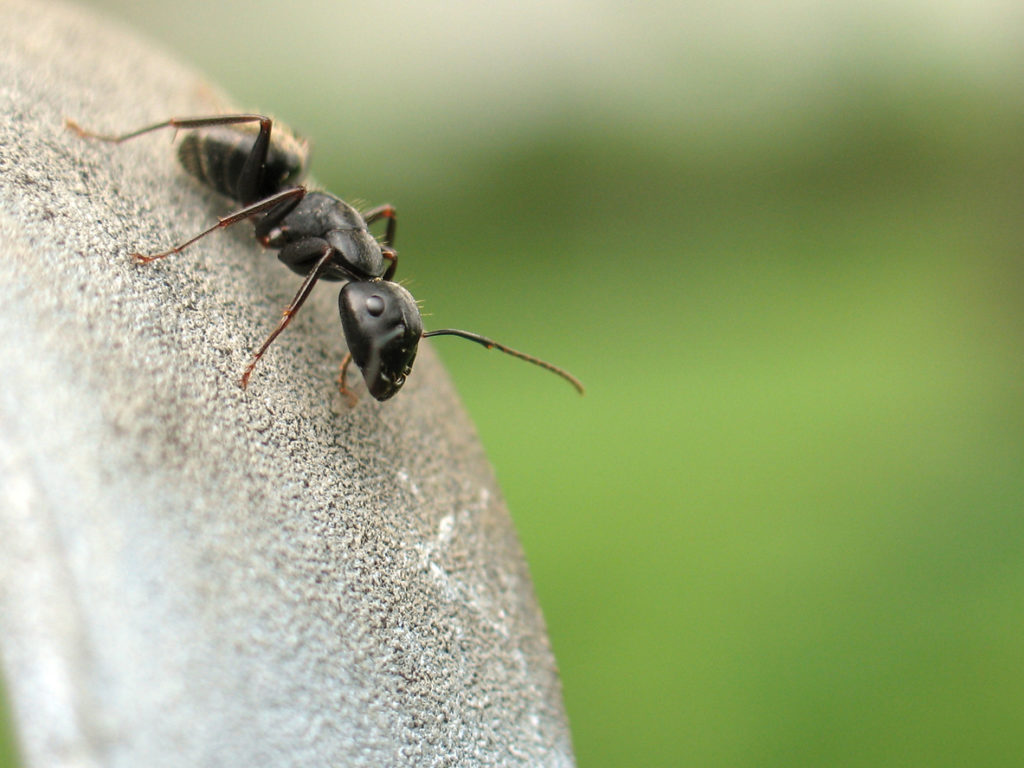
1. Identify the Ants
What kind of ants do you have in your home? Most people will have garden ants or pavement ants. (Flying ants are ones that have reached sexual maturity; they’re not a different species.)
You’ll want to identify your ant species to treat the problem as you don’t want to mistake ants for termites or another pest.
2. Find the Source of the Ants
Where are the ants coming from? You’ll need a good idea of the source in order to kill the ants and clean up the nest.
Watch the ant’s behaviour to figure out where they are nesting and how they behave. Then, you’ll have a better idea of what ant control products you’ll need.
The source of the ants will also tell you whether there’s something attracting the ants into the house. It might be a food source or a hiding place. Taking care of this area will help you keep the ants from returning. It can also point out cracks, gaps, and holes that ants use to waltz into your house. You’ll want to clean and seal those places to prevent a recurrence.
3. Buy Ant Control Products and Vacuum
Use ant control products, like ant spray, ant powder, ant liquid, or ant control granules to kill the ants. Be sure you carefully follow the manufacturer’s instructions for each ant control product.
These products will kill ants and destroy ant nests, which makes them ideal for cases where you suspect you have an ant problem but it’s lurking somewhere you can’t see it.
You’ll also want to hoover up any visible ants or nests. If you spot them, you will want to clean the surfaces, which removes the chemical traces that ants leave behind to help guide their fellow ants back to the nest.
Wondering if you need professional help? Hardware store pest control can get rid of a few ants, but if you have an infestation, then you might need a professional pest control service.
4. Keep Your Kitchen Clean
As always, prevention is the best medicine. You’ll prevent ants by:
- Keeping food covered and sealed
- Taking out the bin, cleaning it, and sealing it
- Cleaning up food debris around the house, including in sitting rooms, home offices, sunrooms, and even when eating outdoors in the garden
How to Get Rid of Spiders
Why do spiders come into our houses?
You’ll start to notice more spiders come September as these arachnids come inside for the same reason you do: to hunker down and prepare for Winter. Warm houses are the ideal spot for spiders to thrive and search for a mate.
Here’s how to keep spiders out of the house.
1. Clean Up Potential Food Sources
The best way to get rid of spiders is not to invite them in. As with other home pest control, this means providing a clean environment that’s free from food sources. In this case, you’ll want to clean up any dead flies, woodlice, centipedes, millipedes, devil’s coach horses, and insects that whet a spider’s appetite.
You’ll also want to clean up any food that’s dropped and, of course, get rid of spider webs, particularly webs full of bugs (aka food).
2. Keep Access Points Closed
Second, you’ll want to keep your windows and doors closed. It’s a tough ask as you try to bask in the last of the summer sun, but without an access point, spiders can’t get into your home. If you have gaps under doors, around windows or around pipework, fill those in, too, which can very much help keep spiders out.
3. Get Rid of Hiding Places
Next on your list is to declutter. Spiders need places to hide, and clutter provides an easy cover for them. You should declutter your house to prevent spiders from nesting behind piles or stacks of items.
Spiders also love to hide behind wood and rock piles as well as compost piles. Keeping these piles away from your house will prevent them from making the journey through your front door.
If you want to know how to get rid of spiders in the garden, then this method also works. However, you’ll need to remove the piles completely if you want to banish spiders from your garden for good.
4. Use Spider Repellent or Killer
Now you know how to create a house and garden that doesn’t play host to spiders. But what gets rid of the spiders in the house?
If you need to go the extra mile, then you might invest in a spider repellent or spider killer.
Spider repellent helps keep remaining spiders away from your house by creating a barrier that turns spiders around at the door. Unlike spider killer, spider repellent doesn’t harm the spider. Instead, it uses strong smells to keep the spiders away.
Peppermint oil or citrus-based products work to repel spiders when you spray them around the windows and doors of your home. Many of these spider repellents are also pet-safe. However, you should always follow the manufacturer’s directions.
When should you use spider killer? Most of the time spider killer won’t work unless you spray the spider directly. Spiders spend their time in their webs rather than across surfaces. Additionally, a spider’s long legs keep it from encountering the bulk of spider killer, which means the spider is unlikely to absorb spider killer from surface contact.
If you have a significant spider problem, you might have an infestation and you might call an exterminator.
How to Get Rid of Mice
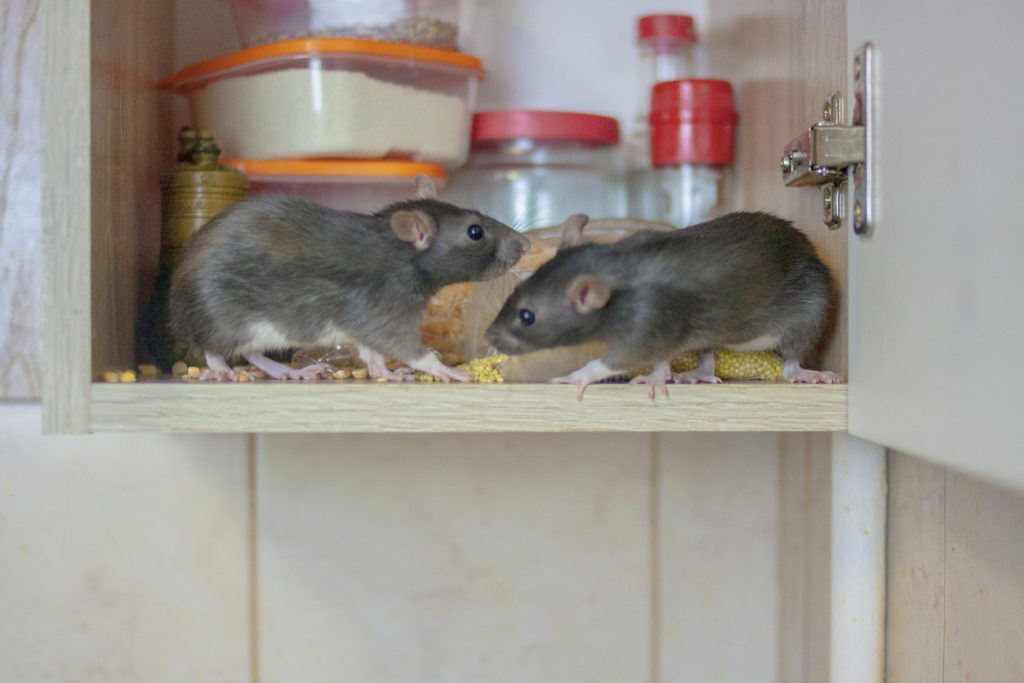
Flies, ants, and spiders are one thing, but finding mice enjoying the comforts of your home is more than most of us can live with. How do you know if you have mice in your house?
Unfortunately, most people will discover they have mice through a sighting. You can also smell a mouse infestation: mouse urine smells like ammonia and they will leave plenty of droppings behind them. (Mouse droppings are small, pellet-shaped droppings with pointy sides and are dark in colour.) They’ll also chew on everything they can find to help keep their teeth sharp.
Top Tip: If you spot mouse droppings, you need to clean them quickly and dispose of the droppings in the outdoor bins. The surface and anything encountering it should be disinfected to prevent the spreading of diseases like hantavirus or lymphocytic choriomeningitis.
1. Prevent Mice First
At the same time, the same rules for preventing ants and flies also apply to mice. If you want to know how to keep mice out of your house naturally, then you need to know that prevention is the best cure.
Before you worry about DIY mouse traps or fumigation, you need to make sure you won’t simply remove the current occupants only to welcome a new mouse family in. To prevent future mice infestations, you must:
- Look for and seal holes with a diameter larger than 6mm in diameter (the size of a pen), including around doors, windows, and pipes
- Ensure you seal off access to food, including bins, inside and outside of your home
- Tidy up your garden by cutting back overgrown vegetation and removing standing water
- Get rid of harbourage places, like stacks of firewood near the door
Do the plug-in mice repellents work? They can work when used according to the manufacturer’s instructions and in the designated areas. Most pest repellents cover a few hundred square feet and won’t provide protection to a whole house. You need to complete the steps above first if you want the best effects.
2. Figure Out Where the Mice Live
Do you know how to tell if there are mice in your walls? This is the first step to dealing with mice before figuring out how to get mice out of your walls. Where there's one mouse, there are more. You need to get rid of the nest.
If you hear a skittering noise happening in your walls during the dead of night, then unfortunately, the pitter patter of little feet is probably a family of mice. Because mice can fit through 6mm openings, they can get into your floors and walls.
3. Use Mice Repellents and Mouse Traps
Now, it’s time to strategically target the mice in your house. Mice are light and intelligent, so you need to plan your approach carefully.
It’s possible to lure mice out of walls and floors with the right bait and trap. You can position some traps along the bottom edge of the wall where you’ve spotted a mouse or seen activity. You’ll want to use a mouse-friendly midnight snack, like peanut butter, to attract them.
Your trap options include:
You can get everything you need for pest control at Woodie’s. If you’re still not sure what your best option is, just chat with our friendly team in-store!
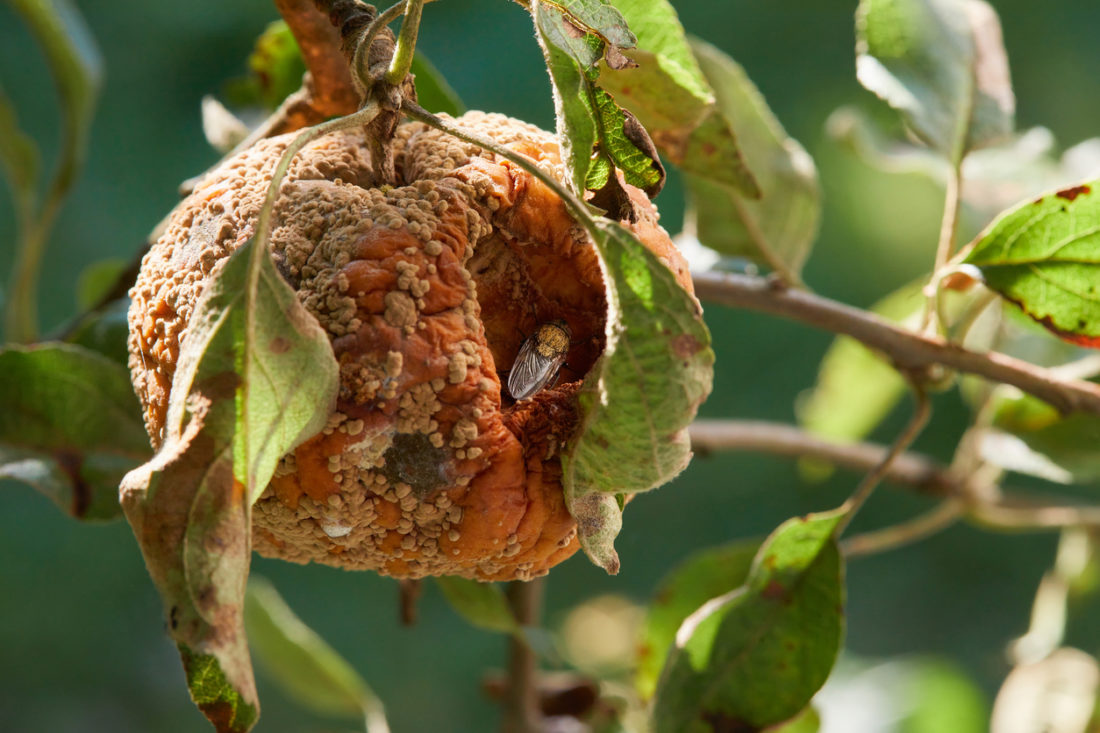
- Lawn & Garden
Everything You Need to Know About 9 Most Common Plant Pests and Diseases
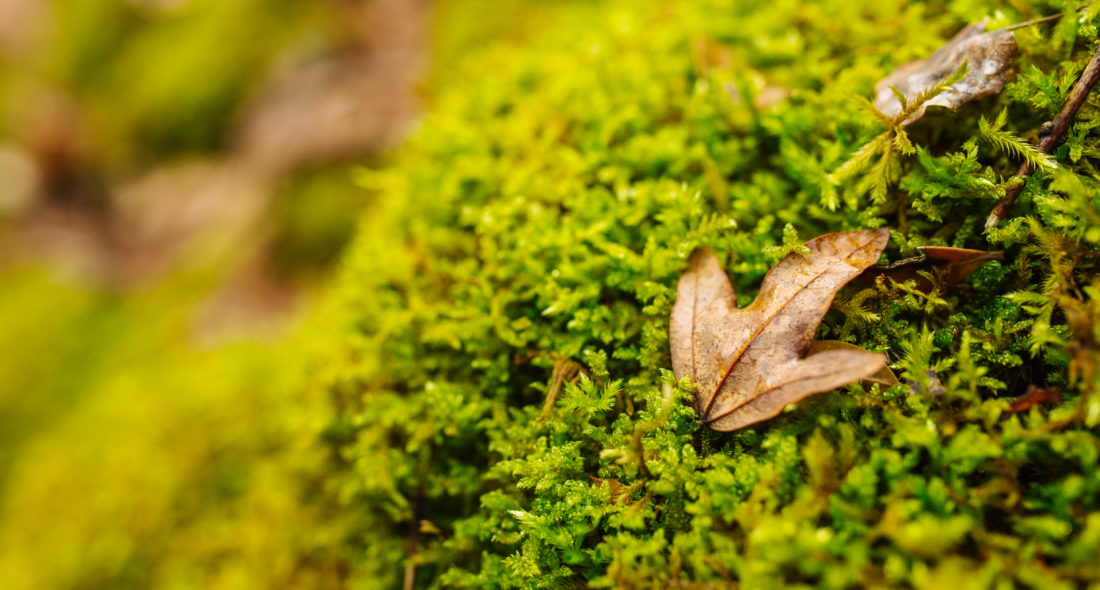
- Lawn & Garden
How to Remove Moss From a Lawn
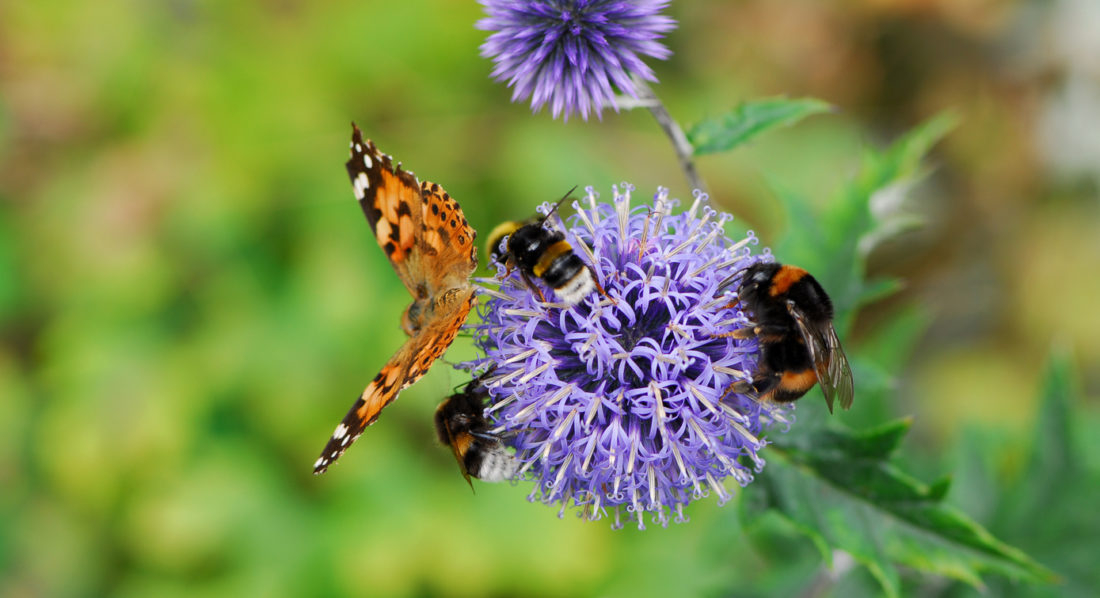
- Lawn & Garden
How to Attract Wildlife to Your Garden: 9 Ideas to Turn it into a Nature Preserve
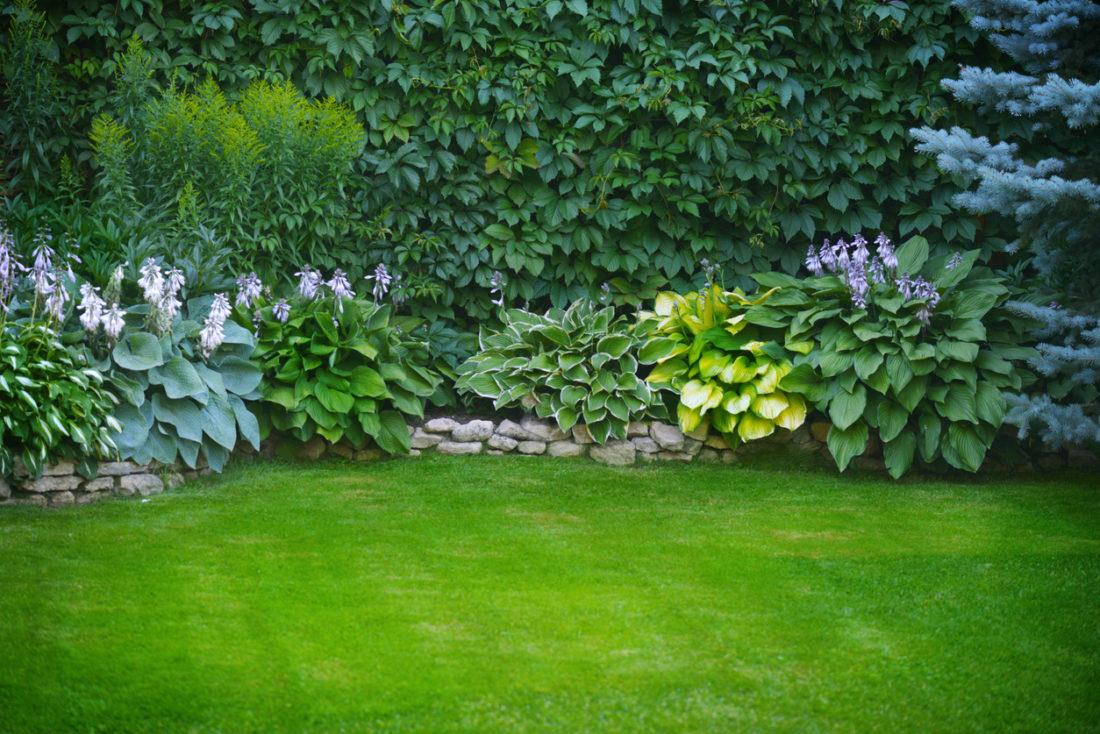
- Lawn & Garden
A Complete Guide on How to Sow Grass and Take Care of Your Lawn

- Lawn & Garden
6 Types of Soil for Plants: Which Soil is Best for Different Types of Plant Growth?
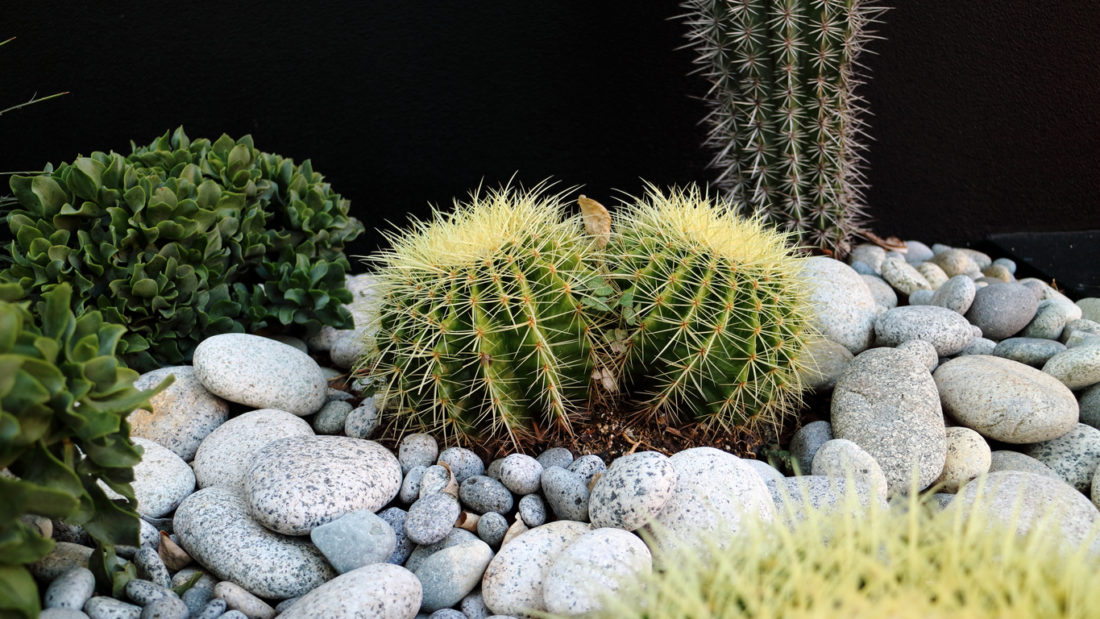
- Lawn & Garden
